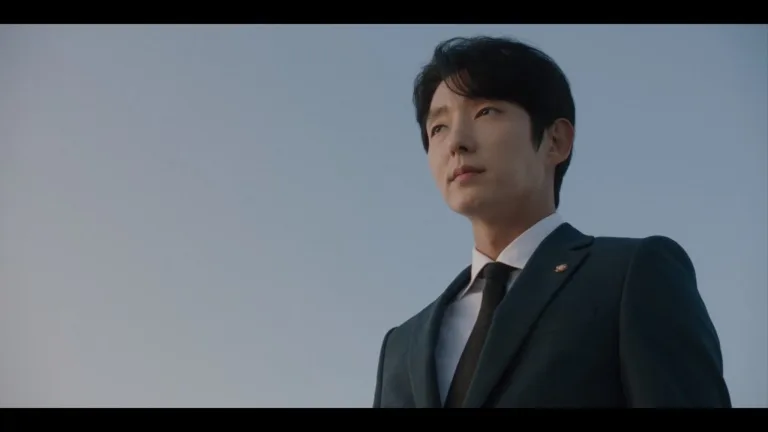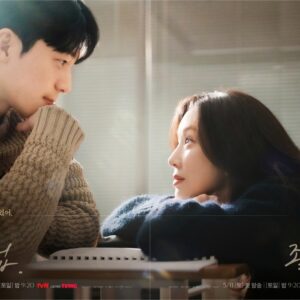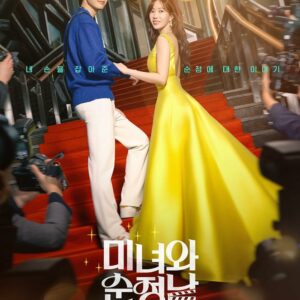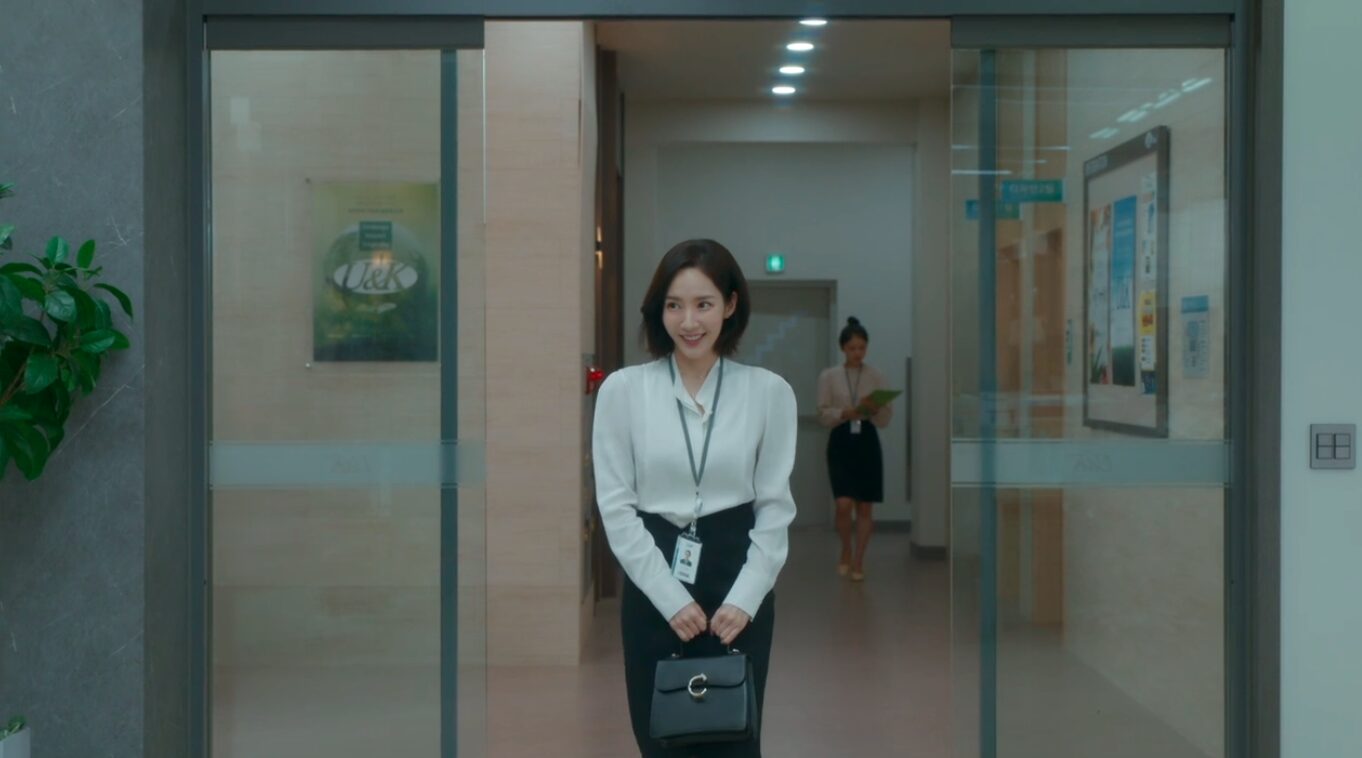The pandemic may not be on our TV screens but it is in our heads and our hearts. Buzzing like a swarm of angry hornets on a nest behind our back door. Sometimes we can pretend to ignore it but we always, on some level, know that it’s there. If not in our horror dramas or zombie metaphors but in our desire for nostalgia.
Nostalgia is often seen as an inadequate longing: a yearning for a past that never really existed, a pining for a reality that was never real. But nostalgia is something that helps us cope with change and crises.
Nostalgia helps us feel more connected, helps us to create common goals. Our common stories and our common narratives can help us feel part of a greater, better whole.
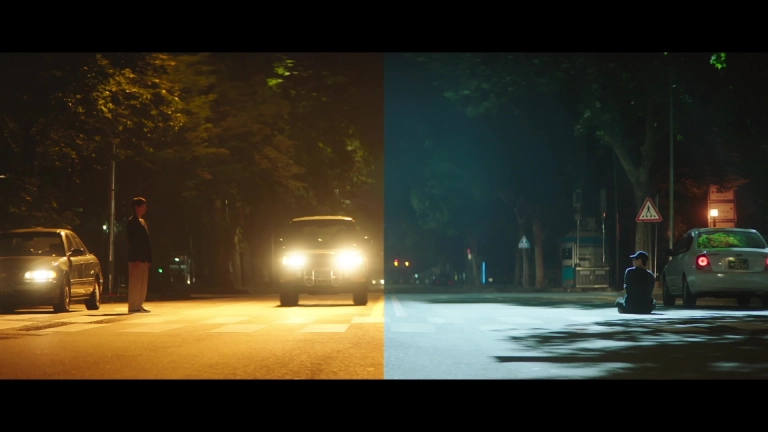
If 2022 was anything, it was a year of nostalgia. And not just nostalgia but a sense of going back, doing over, donning a new persona, being better versions of ourselves. A fantasy of control over our lives in a reality where we have little control.
What if, what if, what if? What if we got to live those golden days again but better. Live our lives over. Live someone else’s? And in doing so, canvass a history we all share.
This year started and ended with dramas about going back in time and doing things again with foreknowledge. Bookended by Again My Life and Reborn Rich, 2022 was not just about reliving the past but creating a shared version of it. A reclamation of history.
A hard-working prosecutor in Again My Life got to live his over to fight the singularity of politics and corporations, while in Reborn Rich a smart working class kid got to be reborn as one of those Chaebols making Korean history. While Curtain Call was examining the permanent North/South rift buried deep in the heart of modern Korea, it also gave a working class man a chance to cosplay at being a Chaebol heir.
These are no time travellers being caught up in events they have no control over or barely understand. No princes from the past learning how to live in rooftop rooms or modern doctors surviving in Goryeo or Joseon. These are ordinary Koreans being an integral part of their own histories.
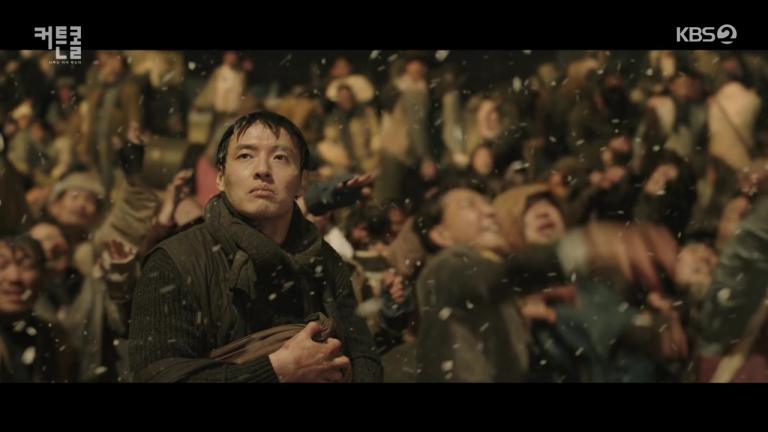
Of course, Dramalands nostalgia was not entirely told in reincarnation or time shifts. Through the Darkness took us on a journey of Korea’s criminal justice system and how it developed the tools to identify serial killers. Pachinko gave a snapshot of the lives of Koreans who ended up in Japan following occupation, only to have their homeland disappear in 1945. Snowdrop…. doesn’t deserve a mention.
Add these up and you see a nation turning to nostalgia. But not with passive, sun-kissed memories of hazy days. Nor by the blazing, cleansing sunlight of historical truth telling.
It’s the ‘what if’ that comes at night in the times of great stress and anxiety. The replaying of old events, old dreams and old struggles as we try to make sense of where we are and how we got here.
And, ultimately, if we’re lucky in these dark empty nights of the soul: finding comfort in shared stories and shared experiences.
